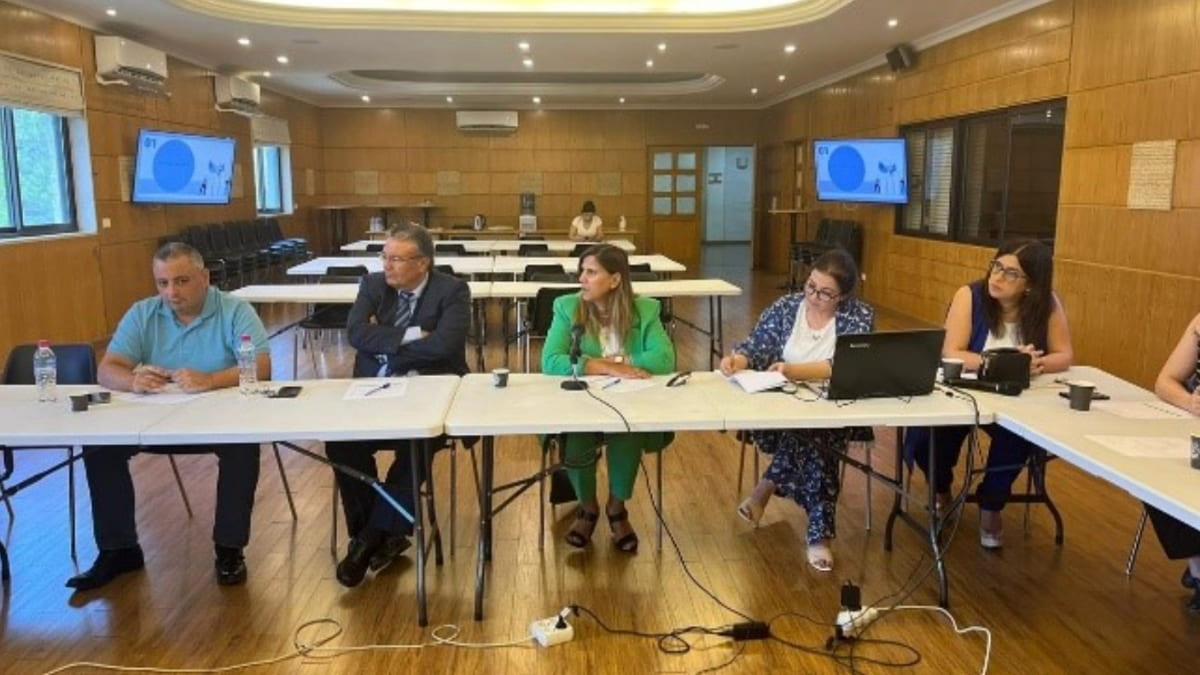Guest blog by Hyam Ishac, IPP’23
I have been assigned as the president of the center of educational research and development (CRDP) for more than 1 year. From that time until now, I am leading the process of curriculum development in Lebanon. During this time, CRDP, with different stakeholders were working on developing the national SEL policy. Lebanon, like other countries, faces difficulties in public policy implementation, so the different stakeholders decided to engage all the teams including CRDP in the IPP course at Harvard University in order to ensure the effective implementation of this policy. While I was attending the course in Harvard last June and trying to define our story and our problem and trying to deconstruct it to different sub-problems that may form the origin(s) of this problem, I thought that it is better to address the implementation of the ‘New Lebanon Curriculum’, where SEL is integrated in it. Since then, the journey of ‘Inquiry’ about the effective curriculum implementation has been launched. I started the process of asking questions, connecting with different stakeholders and tried to find convenient entry levels to start with. We in CRDP believe that we have to solve our problems not by getting external international expertise and help, but by going through step-by-step analysis of our context to find the valid solution for our problems.
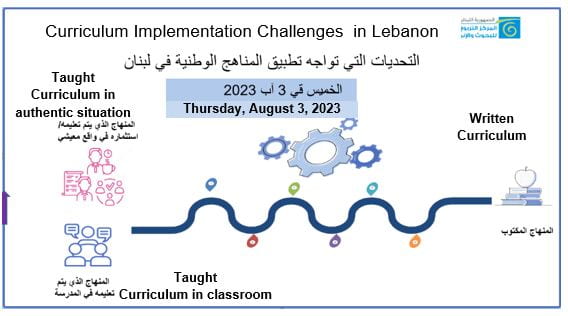
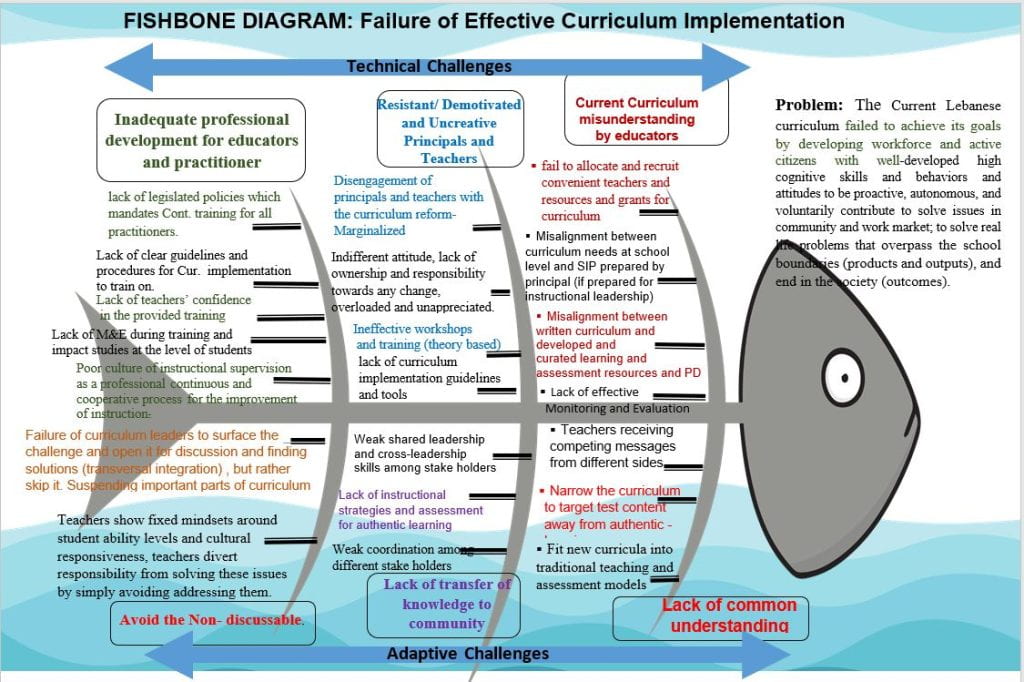
While we were developing our skills in PDIA, Problem Driven Iterative Adaptation process, we developed our fish diagram which was enriched with plenty of sub-problems; this was an AHA! moment for us.


Then, following the PDIA, we had to prioritize the problems and then analyze them using the triple A (Authority, Ability, and Acceptance) parameters to find the suitable entry levels. We decided to prioritize the sub-problems and work in small steps with those where we have entry to.


Of course, the “Leading with Intentionality (4P)” framework of Strategic Leadership helped us a lot in managing the different small bones of the major problem. For example, we started with the most prominent sub-problem that has always threatened our highly politicized educational system. That is, bringing all people from different ideologies in Lebanon to give their validation on the Lebanon Curriculum Framework was a challenge during the last years. Here, we invested the first P of the framework which is “Perception.” I brought all the people together and joined a series of meetings where they felt that their voices were heard. We developed consensus about conflicting issues in the curriculum Framework and asked them to be part of the committees that developed the polices relevant to the framework.
During these meetings, I addressed the skills relevant to perception which we covered in the IPP course and succeeded to achieve consensus on the policies anchored to the curriculum framework, as a first step, and the curriculum implementation in the field as a second step. Now, these policies are under revision by external auditors.
Then, before going through the piloting phase, we arranged a series of discussion groups with different stakeholders in the educational field. During meetings with senior decision makers, we were able to draw out the agreement that the teachers are the corner stone for effective curriculum implementation. While few addressed the role of principals as instructional and operational leaders.
Then during the second discussion group with the practitioners, mainly trainers, coordinators, coaches and teachers, we drew out the missing link also between the role of principals and their interaction with the teachers to achieve the intended learning outcomes through effective curriculum implementation.
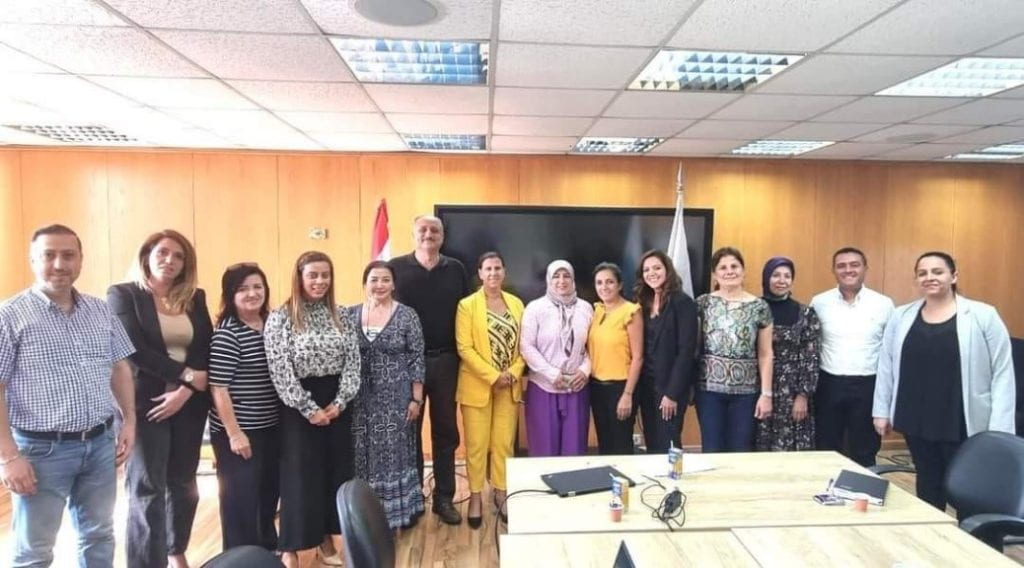


After that, we proceeded to the piloting phase. Based on the previous discussion groups and meetings findings, we reoriented our problem at this level and what encouraged us was the existence of a wide entry level since we have now the authority, the acceptance, and the ability to take the lead of all phases of curriculum implementation in the private and public schools during piloting phase. Moreover, the participatory approach that CRDP lead during the development of the 11 policies that are anchored to the “Lebanon Curriculum Framework” brought all stakeholders together and this makes the entry level wider.
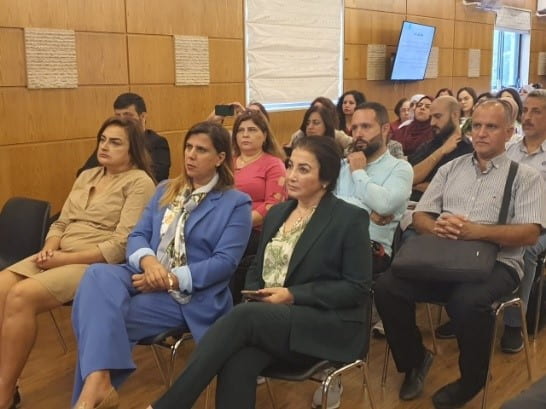
During the different phases of piloting, a series of meetings were done with the authors of learning units and with the trainers who trained the teachers and were following up with them. Here, I continued to use the 4 P strategic leadership skills with the authors, trainers, school principals and teachers as follows:
At the level of “Process” I tried to make use of effective delegation of tasks to ensure that the different tasks required for curriculum piloting are perfectly well done. However, some challenges emerged, and I found that the curriculum was not consistently translated in the different subjects’ learning units. So, I tried to make meetings before the end of each phase during which different subject matter groups present their deliverables. We tried as much as we can to review and improve the work to become valid and consistent with the curriculum requirements (intended learning outcomes and their assessment). This coordination and communication among different players helped me to solve some of these issues. However, we discovered that the process has some gaps which are related to the clarification of roles of each player during the implementation phase to ensure that each player understands perfectly well his/her role. This would be improved later by issuing explicit documents relevant to the role of each player.
At the level of the “People”, there were many sensitive challenges related to the approach of many participating consultants, coordinators, focal subject matter coordinators, school principals and teachers. Many times, issues of misunderstandings and issues related to responsibilities and mandates rose. I was patient enough to clarify these misunderstandings and conflicts during general meetings while ensuring equity among all. Meanwhile, I communicated privately with all to make sure that the conflict is solved, and everyone is relaxed, happy and to show them that I recognized their efforts and work. I felt that this settled a feeling of satisfaction and motivation among the different players during the piloting.
At the level of “Projection” and to ensure that all players during the piloting phase are surfing in the right direction, I demanded to be part of the WhatsApp groups of the different coordinators at the senior level and the group of school principals. Moreover, to get benefit of the piloting phase and assess the effectiveness of the curriculum implementation, a group of study tools were designed to accompany the process. These are: at the level of students (summative assessment and focus groups), at the level of teachers (pre and post assessment during the training phase and focus group at the end of the implementation phase), focus group with the authors who are meanwhile the trainers and consultants who are following up in the schools, interviews with the principals.
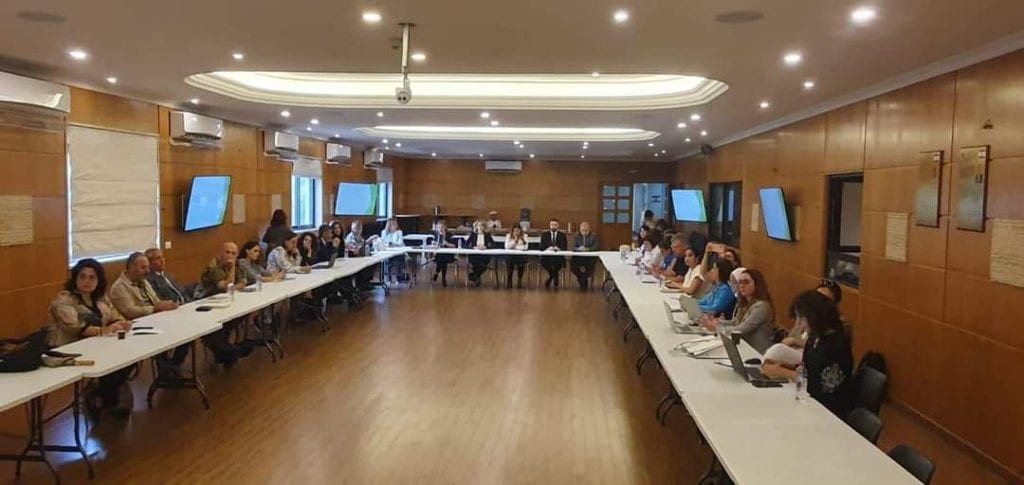
The achievement of learning outcomes in authentic situations and in classroom are indicators of successful implementation. Moreover, enabling learners to go through different forms of assessment to ensure the development of all competencies, learning outcomes (cognitive, metacognitive, social, and emotional) are also other indicators that we aim to achieve by the end of this piloting. This is followed up by the M&E done during the follow up process.
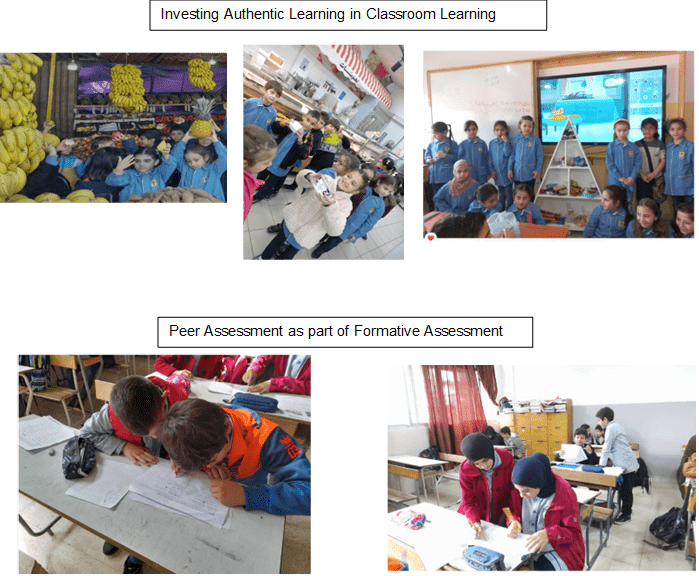
Throughout this journey, that is still ongoing, we were inspired by the IPP informative guidelines and the adequate knowledge which addressed policy implementation at all levels. Furthermore, we benefited from the shared practices of our colleagues in this course during the face-to-face meetings and the online meetings. Also, the follow up which was performed by the IPP experts and team on our work motivated us to focus more on the different phases of the implementation and lead this: Small Steps, Probe More, Ask Many Questions, bring with you all stakeholders and don’t be biased. Furthermore, I would like to share with you one important focus of IPP that I am really experiencing till now. This is related to the capacity of ensuring sustainable positive vibes among the different actors of curriculum implementation. I would say: “Don’t focus only on the technical dimensions of curriculum implementation and underestimate the social and emotional dimension”.
This is a blog series written by the alumni of the Implementing Public Policy Executive Education Program at the Harvard Kennedy School. 47 Participants successfully completed this 7-month hybrid program in December 2023. These are their learning journey stories.
